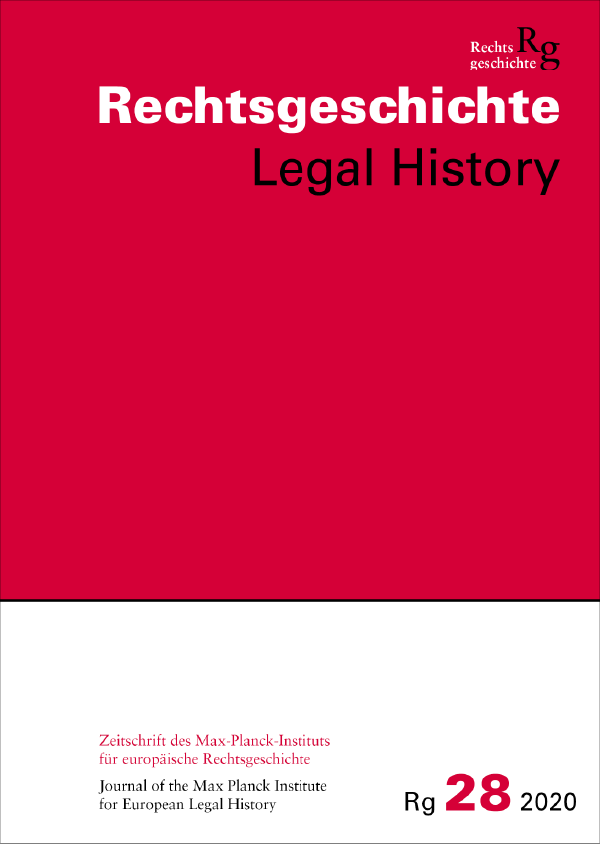Criminal Law’s Democratic Transformations in Modernity?
DOI:
https://doi.org/10.12946/rg28/120-131Keywords:
criminal law, communicative theories of punishment, democracy, multinormativity, vulnerabilityAbstract
The more modern societies become democratic, the more criminal law gets on the agenda of public debate and democratic will formation. The article analyses the historical conditions, essential features and consequences of criminal law’s democratic transformation. The focus is on the increasing importance of constitutional duties to protect, on the need for social cohesion in pluralistic societies, on the communicative function of criminal law, on the role of the modern welfare state and on the increasing vulnerability of individuals in complex social structures. Legal multinormativity goes hand in hand with a unified communicative function of criminal law, which becomes a medium for the public performance of fundamental values. But different to Durkheim’s observation that criminal law articulates and re-affirms fundamental values of social cohesion, modern criminal law has the task of establishing them. This task tends to overstrain criminal law and its adressees. This becomes obvious in recent criminal law theories which presuppose a general obligation of citizens to adopt duties of care and respect.These are criticized at the end of this article.
Published
How to Cite
Issue
Section
License
Copyright (c) 2020 Author

This work is licensed under a Creative Commons Attribution 4.0 International License.





